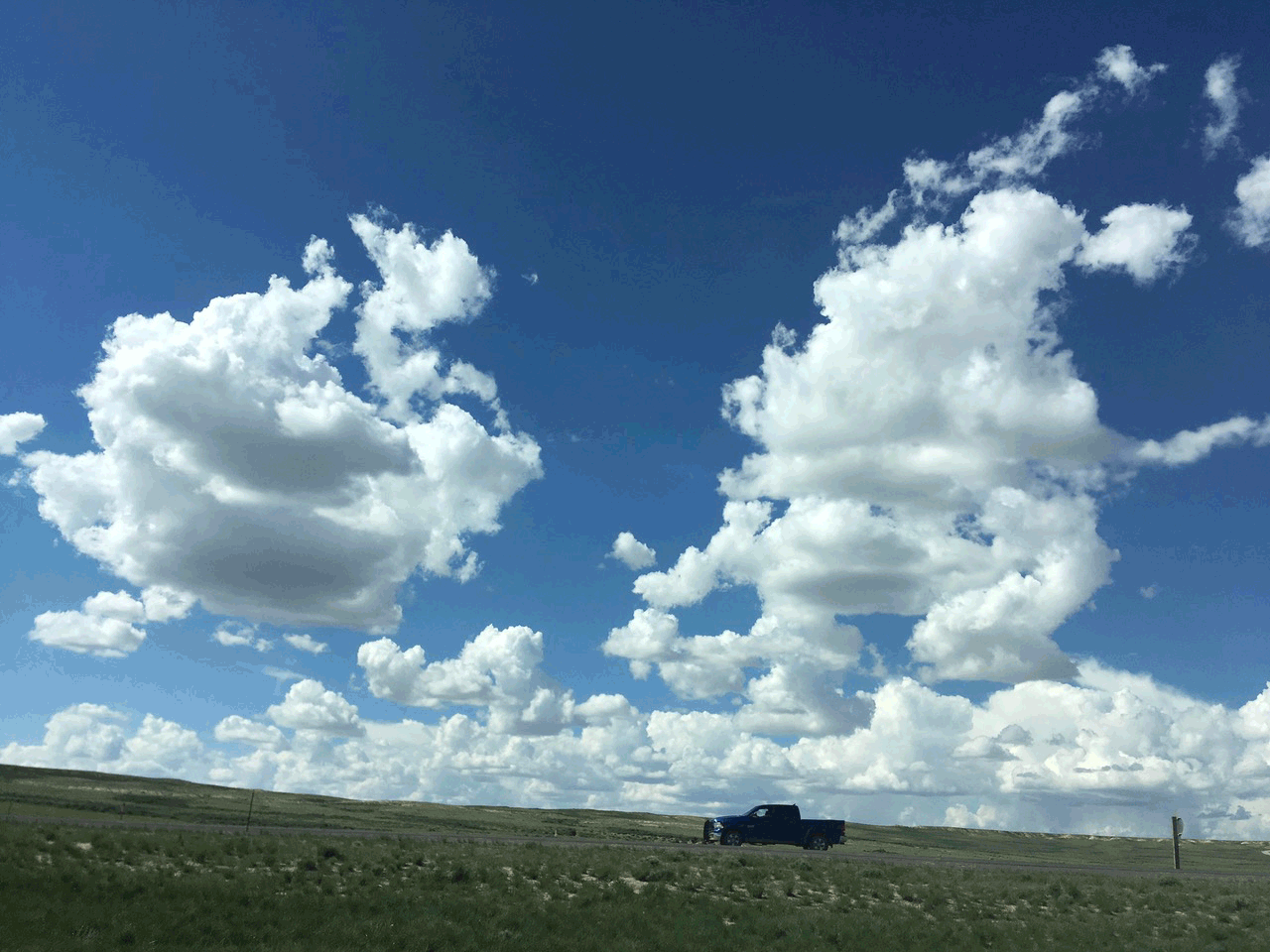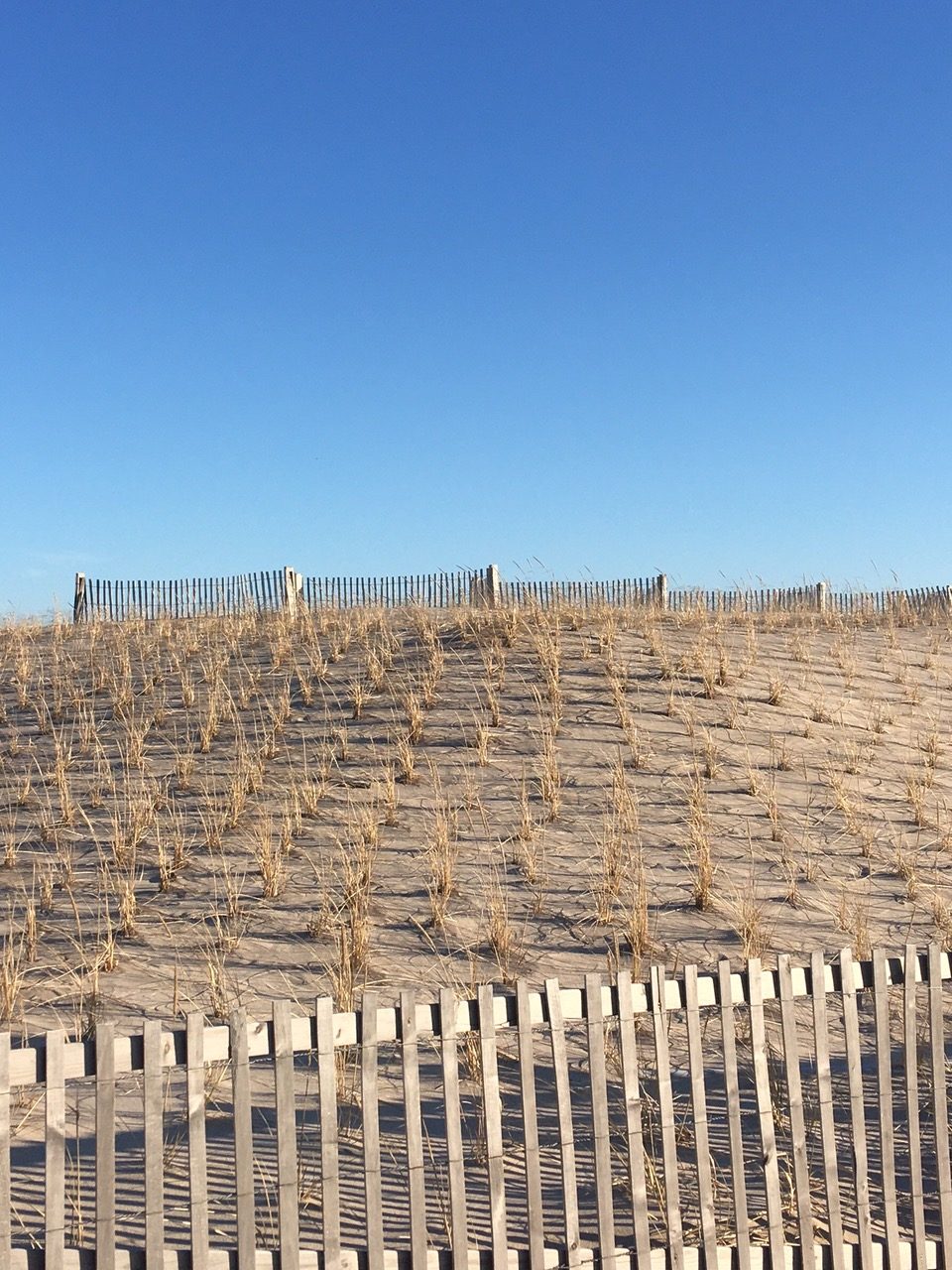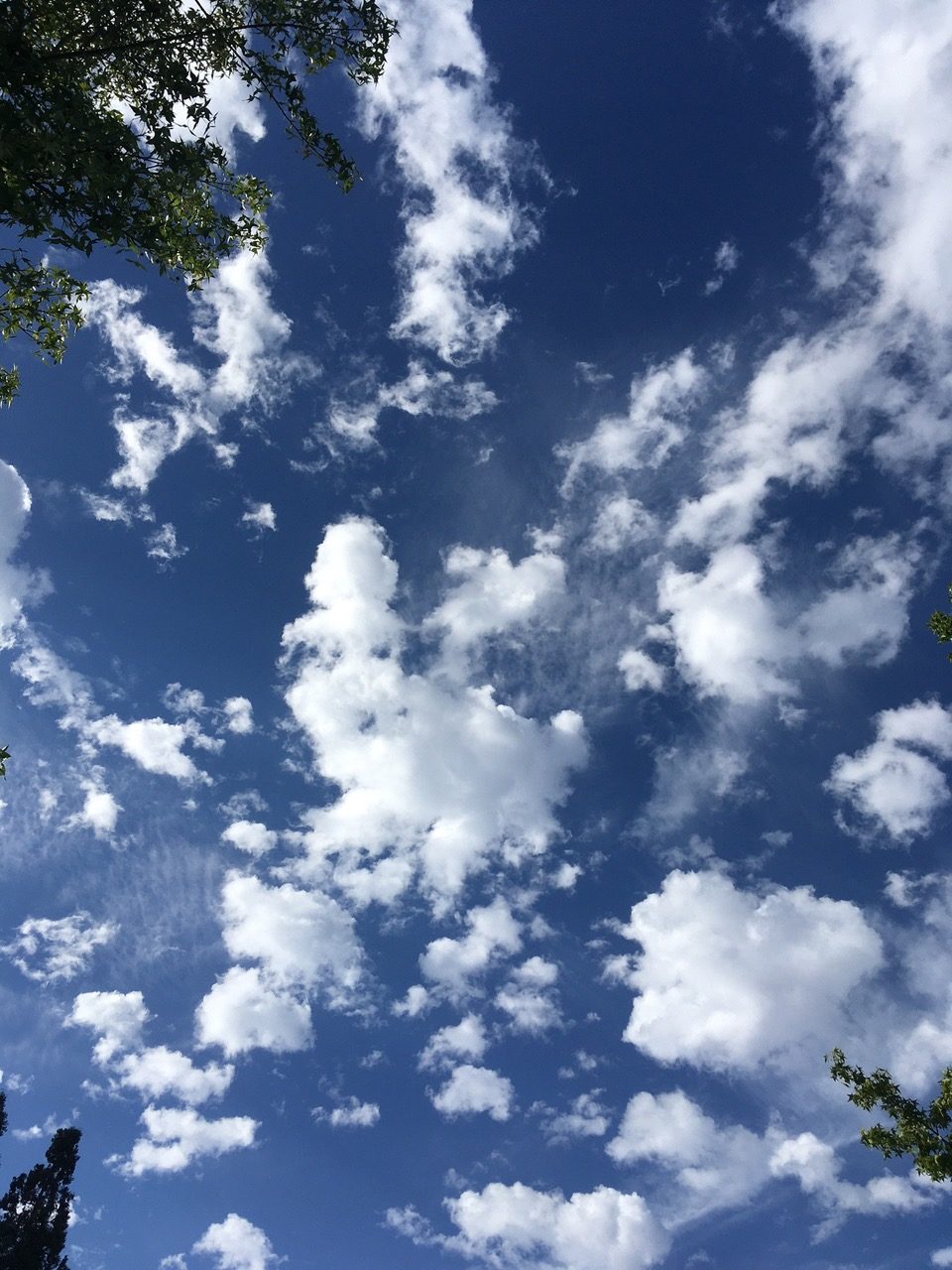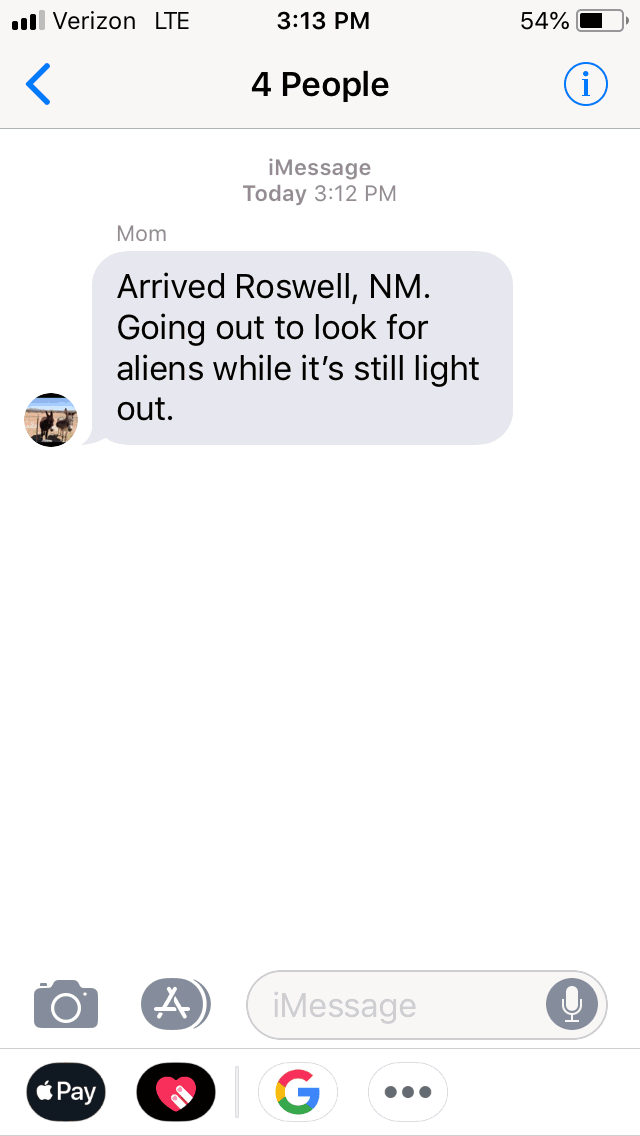Life Forms

Recently something ended. I ran out of time to think about the future because I was trying to finish learning from the present, a stunning place.
***
I keep a running log of the showers I take. I began the practice in 2001, when I was nineteen, a sudden and ridiculous idea to see time as it accumulated toward future versions of my life I couldn’t imagine. To tally the years in bathing units. At twenty-eight, I anticipated, I’d still be taking showers.
This was before I wrote books. The lightning decision to start documenting showers shared a similarity, though, with the strange conviction that has accompanied the start of each book. The tally, like a book, is a form, and it wasn’t long before this odd ritual became an ingrained habit. By 2005 I’d found a cache of blue cards for the count, old stationery from the ‘80s with my parents’ names on it.
In the beginning the catalog was plain. Eventually I started noting haircuts, too, or showers in other places, or when Robert Creeley and Pope John Paul II died a few days apart. When people have been born. In my apartments I’ve often hung the collection by clothespin and string, a reminder, a living calendar. Maybe ten years ago, I stopped feeling embarrassed when people asked. Sometimes I forget to cross the fifth tally across the previous four, and keep marking in a row. The other day I marked it was a pretty good day. The tally is a way to see time as an accessible form. A clock as life.
***
I am an intense person. My sister once said I have a fire in my belly. This is not the same as ambition. It feels more like a positioning against oblivion.
***
In the last few years, I developed a facility for difficult conversations. Some of this is based on accumulated resistance to conflict earlier in my life, and later learning tools and frameworks (particularly restorative justice practices and Liz Lermans’s Critical Response Process); some of this is based on seeing the difference between productive, curious conflict and less healthy forms of conflict. Some of this is because of an unfortunate relationship: I was so averse to conflict I had trouble navigating my way out of it. Such conversations require a gentle tenacity. A willingness to try again and again, even and especially when it’s uncomfortable.
Each chance to hear the hard thing or say the hard thing becomes practice; working through life’s inevitable conflicts depends on these muscles. If the conversation is with a coworker, I imagine it will help me have the next one with a family member. If it’s with a family member, I remind myself that it could help with a subsequent difficult conversation with a friend or neighbor. I will go over and again to the place in conversation that’s uncomfortable in order to listen to or say the thing I couldn’t before. Not always. But more than I did five or ten years ago. More than I did as a kid.
One of the earliest difficult conversations that I remember happened when I was four.
It was my first time taking ballet classes, with a woman whose name rhymes with roulette. There were skylights in the studio, which had been converted from a factory. I remember we were doing a move she called “cutting the pizza,” which even then I found infantilizing. There was a Papa Gino’s down the street.
When we were cutting the pizza she told a classmate to shut up. It didn’t feel right for an adult to be saying so to a kid and I went home and asked my mother if I could quit the class. To un-enroll, Roulette made my mother and me meet with her; her office was lined with clothing and costumes, all in plastic sheaths from the dry cleaners under fluorescent lights. I wasn’t comfortable saying “it’s inappropriate for you to tell us to shut up” but I remember saying repeatedly that I wasn’t comfortable. I remember the long silences.
***
I once said form is another word for propulsion — but form is also a way of paying attention.
***

Walking is a form. Swimming for thinking. The evening is a form people respond to differently.
Forms are units of measurement wherein rules or agreements can be applied.
A sonnet, fourteen lines give or take.
The pandemic is a form.
Your family is a form.
Community Circles with my neighbors on Sundays is a form.
White Supremacy Culture is a form.
The body, a form that sustains life.
How you learn or process information is a form.
Layering articles of clothing is a form.
Phone calls are forms. A garden is a form. A season. The year however you count it.
A mask is a form that covers the face.
Restorative justice is a form.
Onboarding is a form.
What you do before sleep is a form. How you pack a suitcase. How you unpack the groceries. Making the bed.
A field is a form with or without Robert Duncan, who said “Responsibility is the ability to respond.”
Divorce. Pregnancy. A wedding.
Time takes many forms and that’s why poets obsess over it.
In its highest forms, poetry is a way to understand one another, even when we don’t quite.
Uncertainty is a language for the forms of life.
***

I’m not a planner. Though intention is important to me, I dislike the petite commitments plans demand, and I dislike flaking because I also value responsibility. With apologies for the following admission, I am often surprised by having a good time with people I love when I show up for something that was a departure from the way I’d prefer to be (home, alone, without plans). During one community circle this year, I asked my neighbors to consider where they get stuck in life, and answering the question for myself, I noted: saying yes to social things to avoid loneliness which stops me from the loneliness I need in order to write. Having runway for days makes room for surprise and spontaneity (a way to feel alive).
I love when someone invites me to do a thing at the very last minute. I like being able to identify how that action aligns with my mood, and I prefer not having to anticipate how it will be. I don’t have to shape the time before or after. It’s just there, an offering of coexistence. My friends are kind, understanding. I have a keen memory and am pretty good at keeping in touch (KIT) because I value community which depends on long-term correspondence and relationship, though it’s difficult to do so without identifying times you agree to see the people you love. I use a paper calendar.
Soon after the aforementioned thing ended, I wrote a grant application. When it came time to articulate the budget, panic descended, 1 a.m. on the day it was due. A mentor had recently said “grants are to make pseudo processes in imaginary villages” after I told her I’m uncomfortable making things up. I’m a very earnest person. I’ve been told it’s charming when it’s not a liability.
***

Around the New Year, when it sunk in that no one was coming over for the foreseeable future, I turned my bedroom into an office. Now I sleep in the kitchen/living room and work in the bedroom. I bought a standing desk (child-sized: cheaper and my arms are short) before I could write a grant application (see paragraph about not planning well). For the most part, I get by as someone who lives simply. The desk felt like an indulgence toward comfort because 1) the ability to work from home is an existing, tremendous privilege, and 2) I have a good, less comfortable desk that was a gift from my parents twenty-six years ago. (Two purple file cabinets and a sixty-inch butcher block.) I’ve written three books there. Five, counting the unpublished ones. I’m writing these sentences from bed (in the kitchen) because that’s where I go when writing feels difficult. I used to be able to count the instances when I’ve retreated to bed to write. Lately I’ve begun a small residency here. The food is okay.
I haven’t really written since the 2016 election. The week beforehand, I had finished a first draft of a manuscript. And since 2017, most of my creative energy has centered on applying the skills of being a poet toward building and maintaining community in the workplace, the classroom, and on my street.
***

Writing my third book (2012-2014) I realized I was using the life I was living to create forms. In 2017, I developed a class for my coworkers (at the time I was the receptionist) to host a conversation about creativity and time. In 2018 I taught a version of this class to graduate students at NYU and later SFMOMA staff about these same principles. In all instances it was a way for people to see each other beyond their known roles and to think about how to stay lassoed to our creativity as our lives change.
My third book’s oldest contents were written in early 2010 (Iowa). Some of the poems were written before and after a surgery to replace my hip (Massachusetts), and the bulk were written between 2012 and 2014 (under the influence of California), learning to use my body again after spending most of my twenties in discomfort or subterranean pain.
Probably unintelligible to anyone else, the forms of these poems were conditioned by paths I walked in the neighborhood. The book’s shapes and modes were additionally informed by my commute, my time in an office, my awkward experiences in what I considered to be the imaginary city of San Francisco. I experimented with repeating myself. (Repetition is a form.) I let my mind unfurl in the longer forms — their simple rules allowed new kinds of sentences to develop. If there is such a thing as a syntactical imagination I found mine in that book.
Years ago, the Safeway near my house was torn down and rebuilt, and for a long time in place of the absent market was a view of the majestic Claremont Canyon. A hill or mountain is a form.
***

On paper I’m not the best communicator. How am I doing so far? No, how are you doing is what I really mean. If an essay falls to the forest floor and no one is around to read it…
More than once, people who don’t know me well have encouraged me to use my “deft” skills as a writer to articulate my case. I’m not that kind of poet, I tell them. I use language to practice uncertainties and poems are places to not know. It was only weeks ago I realized the word repair includes the notion to pair again. It’s important to stay in the orbit of wonder and that means forever returning to not knowing.
In 2013 I composed a tweet about a film I’d enjoyed. Someone at a magazine asked me to write the essay of the tweet and I did. The film editor of the publication wrote a condescending response that I recall when I see her name in print. I want to write the essay about how that essay failed. About ten years ago another editor asked me for a “Nadelbergian” essay. Flattered by his vision and prompt I tried. It was too much. Sometimes, I am too much. This too may be an imaginary essay I fold back into conversations I’ve had with myself. Much of what life resembles is a conversation with oneself. In A Tale of Springtime one of Eric Rohmer’s characters says “Let’s just say I’m never bored. Even if I’m not doing a thing, thinking keeps me busy.” I’m not bored.
One concern about writing prose is that I prefer the language of conversation. I’d rather ask you questions. I have trouble telling stories without starting with when someone was born but I eschew linear practices otherwise. I wonder if something written by one voice can be a conversation (and if so what form does it take?).
Do you think a good story has to end? My intergenerational book club often teases me for how I dislike plot.
***
I think about productive failure a lot. Twelve years ago, when I frequented a bar in Iowa City with a pool table, I learned that the world felt right, that I believed in it more, when the ball was almost sunk, and I felt incredulous when it actually went into a pocket. This is why I adore Rohmer. Near misses, flawed communication, that is the stuff of truth. I want to know the timbre of a person’s soul. Can I say soul? My neighbor just sneezed in quick succession. I hope he’s okay.
***
My friend tells me to write documents of pleasure. She tells me to consider a generous evocation of human relationships.
***

When I was younger, my family had a tradition of getting sodas at the drive-thru at McDonald’s. It started as a way for my older sister to take a break during homework but eventually became a social tradition. Sometimes I’d get an ice cream cone. (Back then they had twist.) My mother would park the car and we would sit and talk. She remembers I was chatty. I remember a feeling of safety and contentment in the parking lot of the McDonald’s on California Street in the town where I grew up.
The car became a container for conversation. Before I ever went to therapy I imagined cars would be the only place I’d feel comfortable doing so. Here we have several forms: the drive, the anticipation of carbonation, the car (doors and windows, seats facing forward, a safety belt) as a space for candor while processing the day with whoever was sitting with me. Candor is an important form. When I could drive I’d take outings of my own, or with a friend. Straws from McDonald’s were wider than other straws and soda tasted better through them. (Another form.) There wasn’t room in the car to be any way but present. Presence is a form.
***

Writing can be in conversation with itself in vulnerable or frustrating ways. I dislike how references can sometimes, perhaps even intentionally, create an exclusive conversation. At Iowa one teacher read our poems on an airplane going to and from the East coast. Since planes weren’t very online in the late aughts, she couldn’t always look up references, and would read our poems without help from the internet. I admire her practice of an “airplane rule” with or without the sky, and yet I believe in learning cultures and I also believe in poets relinquishing control and meeting readers — if you’re lucky to have them — where they are.
***
For years I’ve had a post-it on my desk as a sketch of an essay:
vulnerability
honesty
women
creative process
Life when it’s open and operable is a form of miscellany. Let this be that.
Comments (1)
i absolutely love this! thanks for digging around in places where i lose things, never to find them again.